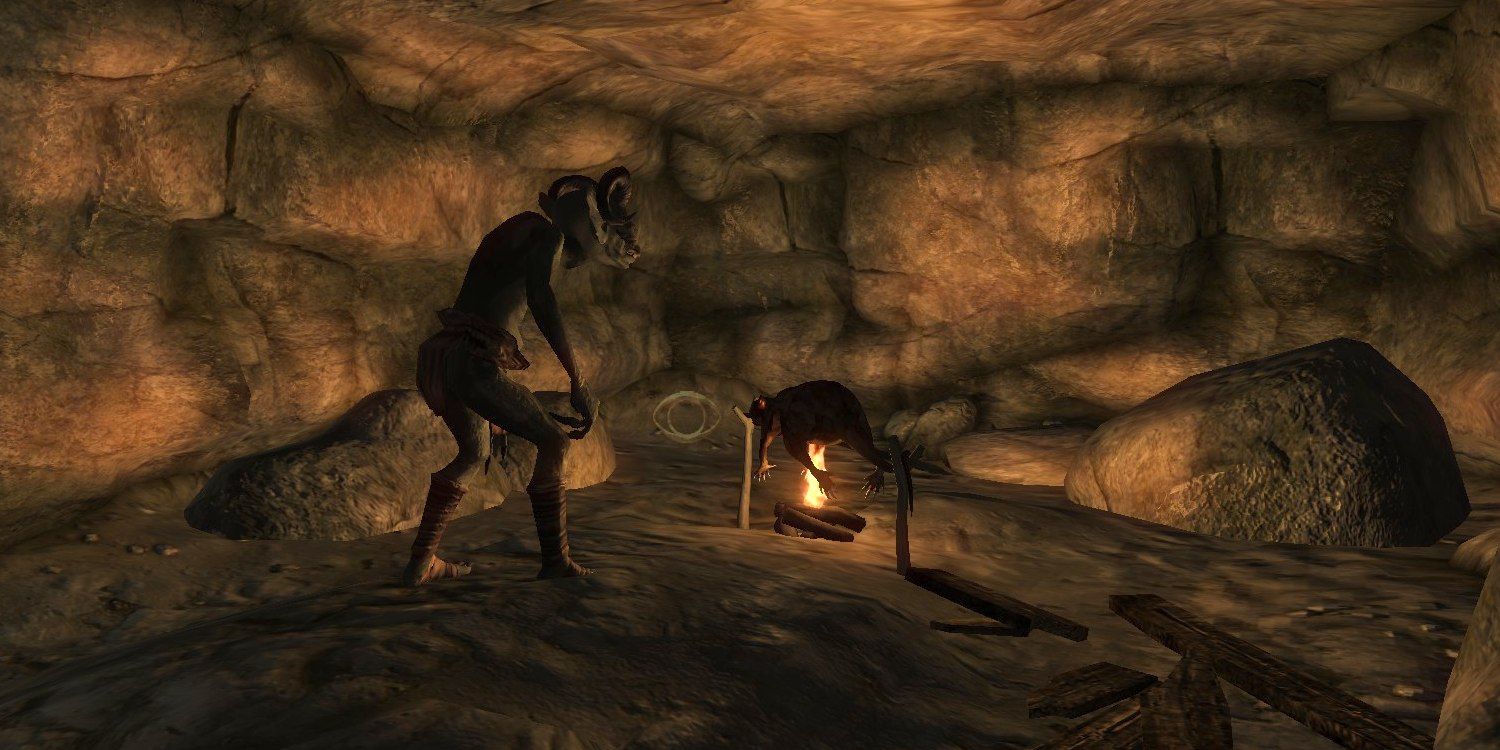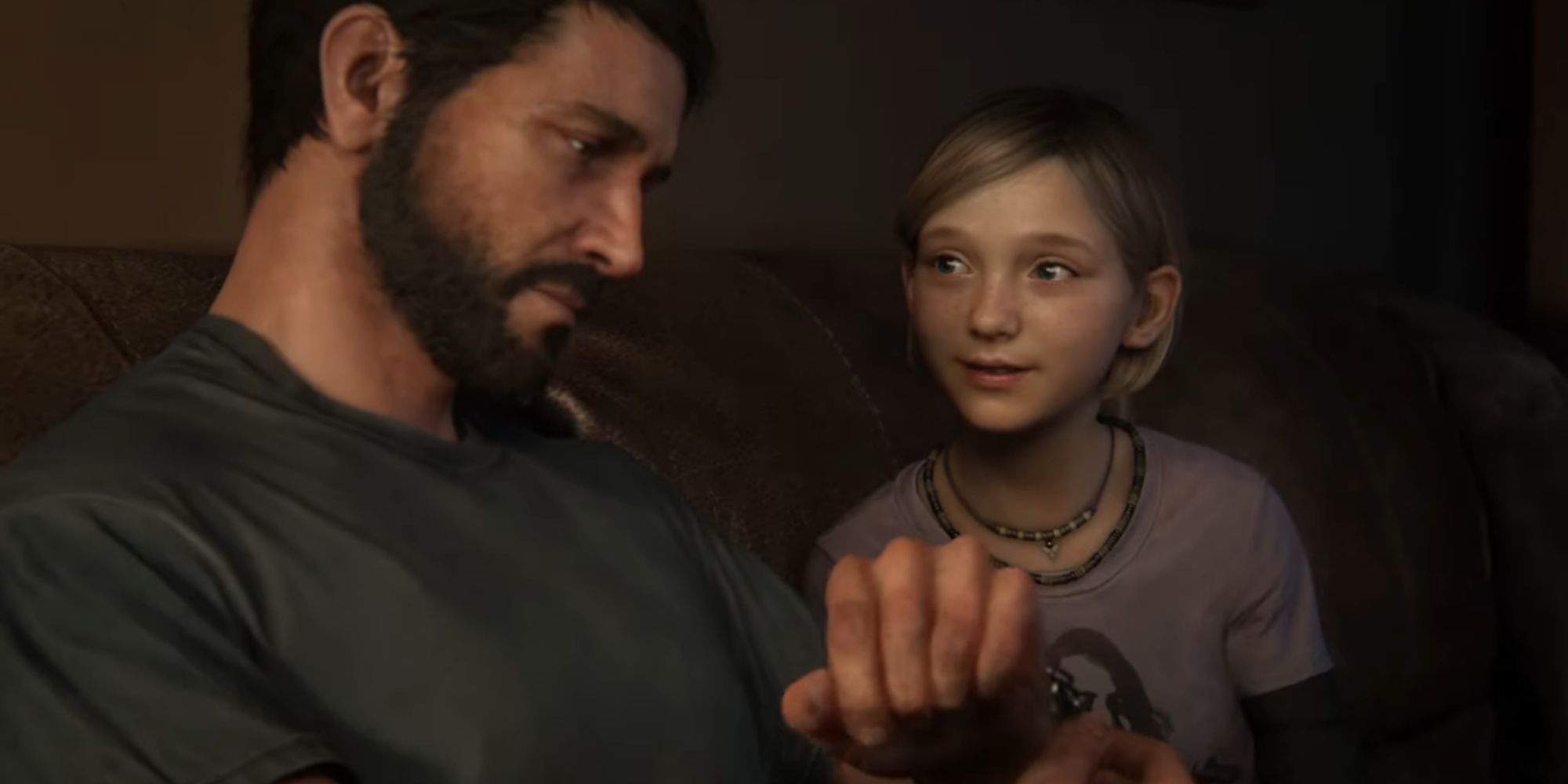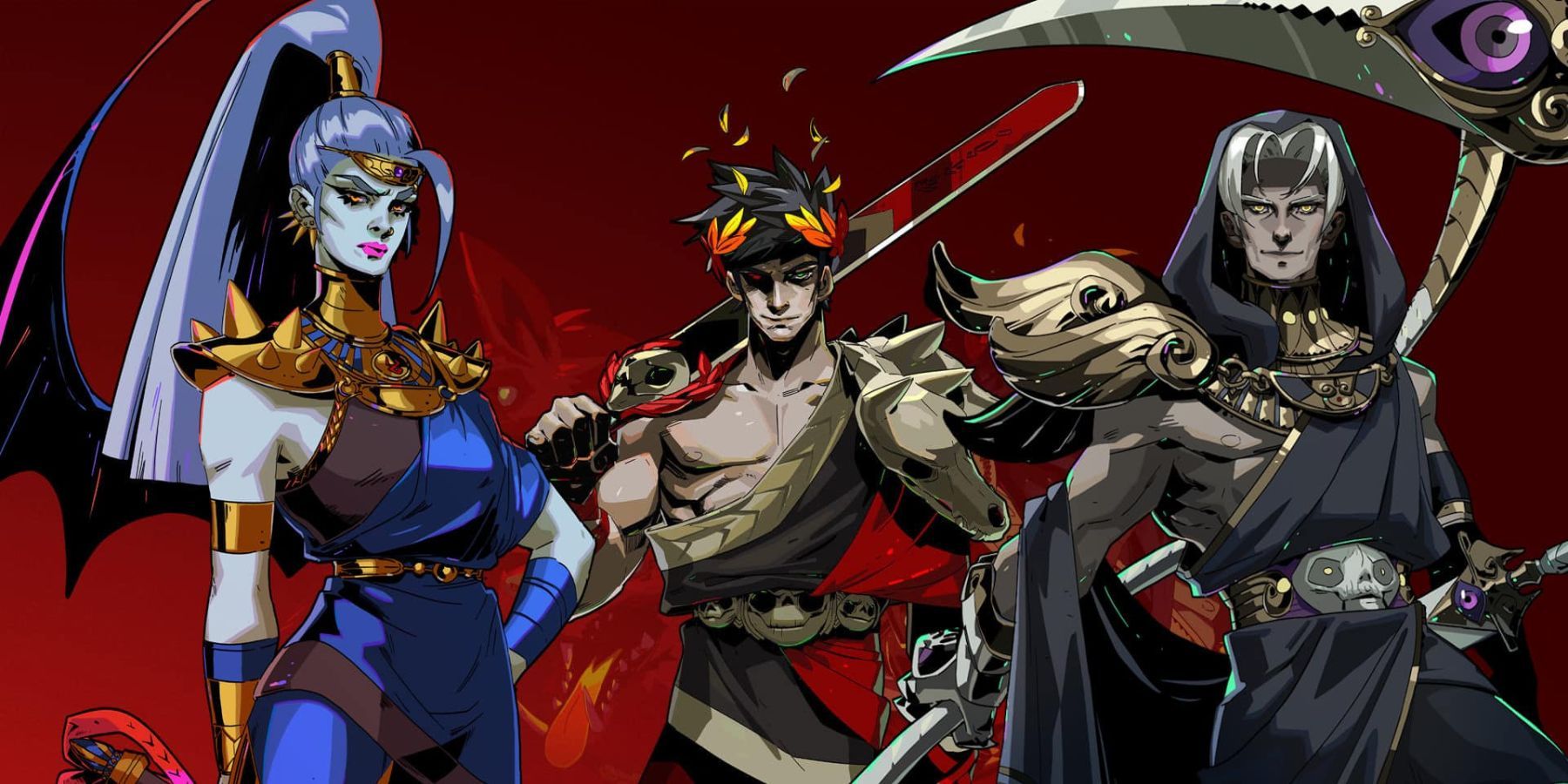Death is an integral feature of video games. It always has been. Death is included even in the oldest games with Pac-Man eating ghosts or Mario stomping on Goombas. Death, in its inevitable or melancholy state, is something that crept in as gaming matured, offering us glimpses of grief in all its forms.
Grief is universal, it’s something that comes to each of us eventually. Grief must be relearned often. It will sit with you, nestled away, rising to the surface when you least expect it, when you must once again learn to live with it. Grief cannot be changed, it cannot be reshaped into something less painful. It must be lived with. When you think you have it under some form of control, it rears its head again.
C.S. Lewis remarked in his work, A Grief Observed, “For in grief nothing ‘stays put.’ One keeps on emerging from a phase, but it always recurs. Round and round. Everything repeats.” Lewis’ memoir on the death of his wife was the first book I reached for when my daughter died. I had no idea how to handle my emotions; sixteen years later, I’m still not entirely sure, but I’m learning.
That quote stayed with me, because each year brings around anniversaries, missed birthdays, and Christmas gatherings. My daughter, Amelia, would be nineteen years old, had she not died in a car accident when she was three. She had suffered a horrific head injury, her brain was 80 percent dead. I actioned the removal of life support, knowing she would never live a ‘normal’ life, even if she survived her injuries, which looked very unlikely. My signature ended one form of suffering, ushering in another.
I felt utterly bereft. Right after her death, I found solace in video games, more than any other media. At first, I used them to stay connected with friends, playing Rainbow Six: Vegas on Xbox Live so that I wouldn’t be alone with my grief. Then, I searched for a sense of control by collecting orbs in Crackdown; I roamed the sweeping vistas and claustrophobic dungeons of The Elder Scrolls 4: Oblivion, escaping into a world that was not my own.
I used games as a way to escape, and through my quests for control, learned that relinquishing control was okay too. I became an active participant in tales of loss, the latter teaching me that I was not alone in my grief. While I recovered and coped, the video game industry was growing; creators began exploring more difficult themes in their titles. Some, like That Dragon, Cancer, used the indie realm to focus specifically on the death of a child and the emotions that come with it. In triple-A gaming, Naughty Dog encapsulated a father’s grief superbly in The Last of Us. I didn’t feel as alone as I once did.
As the years passed, I began to lean on roguelikes, a genre that constantly forces you to confront death. I saw them as allegories for grief and bereavement; a lone character, forced to repeat the act of dying, only to be ‘reborn’ and do it all over again. Inadvertently these games coached me on my grief. If Isaac or Zagreus died during a run, I was forced to accept that death, and start over again.
It may sound trite, this comparison. But as a tool, a roguelike can show you that death is just something that happens. Just as death is a natural part of life, it’s an inevitable part of The Binding of Isaac, Rogue Legacy, or Enter the Gungeon. For nearly all of us, death repeats itself throughout our lives.
That repetition felt by C.S. Lewis, and anyone bereaved, is seen starkly, not just in roguelikes, but across nearly all games; the rinse and repeat of fighting a boss in Elden Ring, or learning the acrobatic ropes of a Mario title. We’re forced to die and realise that it’s okay. This is just a part of the experience.
I used to get angry at death, both virtual and real. After I discovered a love for roguelikes, I kept pushing into harder and harder video game experiences. Hardcore mods for Minecraft, which gave death a true finality; Escape From Tarkov, which made my mistakes punishing; Dark Souls, where death is a constant. With each game, I began to feel I could stare death in the eye in a way not fully able in life.
Every year, on February 8, I relive that final day with Amelia. I see myself saying goodbye to her, hoping she can hear me through the medically induced coma she was in. I feel, again and again, the heartbreak. Games have lessened that pain because I know this feeling has occurred before, and it will again.




